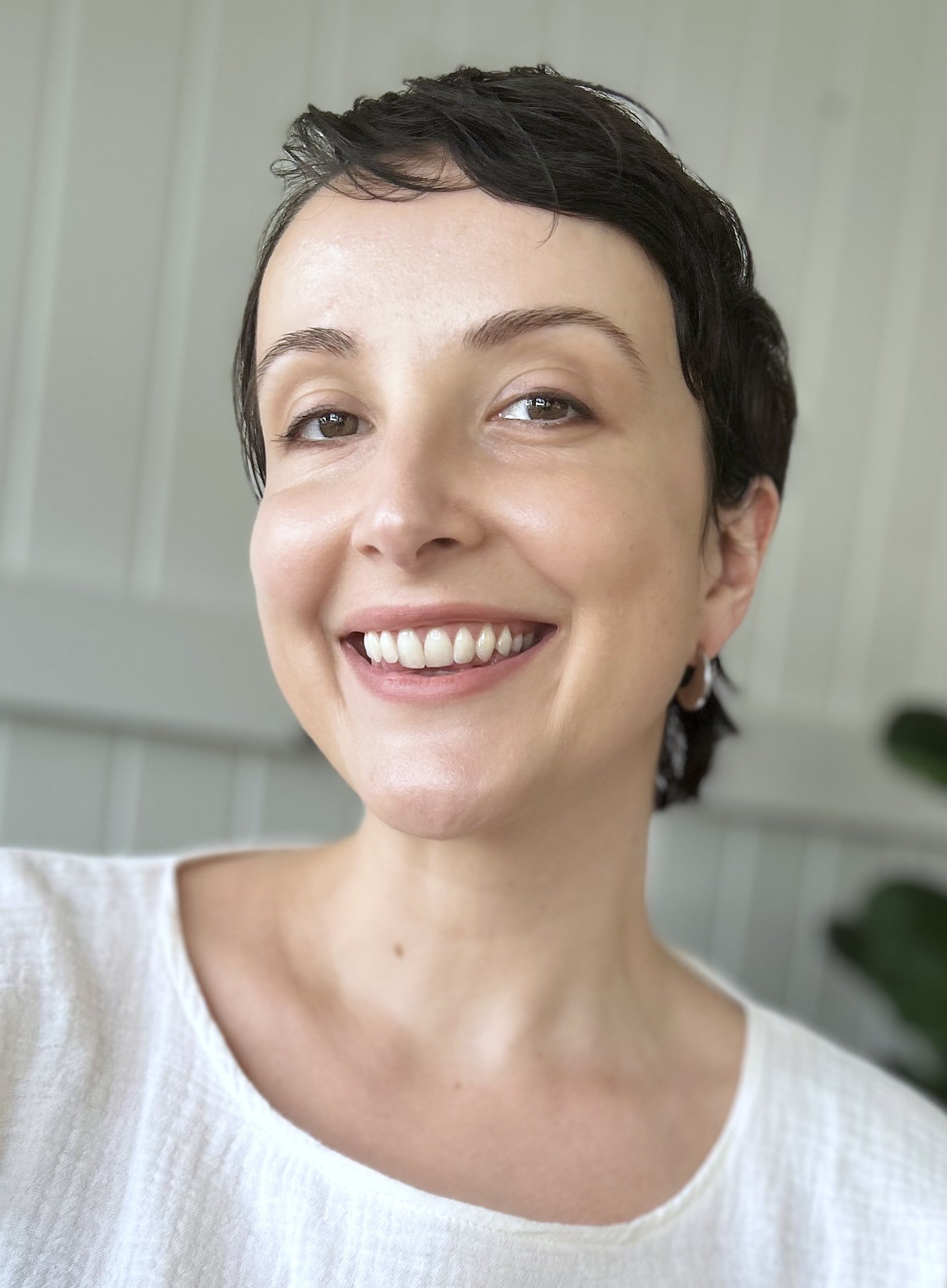
Dr Michelle Livock is a clinical neuropsychologist based in Brisbane, Australia. She completed her undergraduate degree in psychology at the University of Queensland, and her Masters and PhD in clinical neuropsychology at the University of Melbourne. Michelle is a board certified supervisor through AHPRA and conducts regular professional development workshops on assessment and neurodivergence. She is the co-host of The Neurodivergent Woman Podcast.
Michelle practices from a neurodiversity affirming lens and uses Compassion Focused Therapy as her primary therapeutic modality. She has worked therapeutically across the lifespan, currently specialising in women's mental health. She conducts assessments on individuals of all ages, exploring both acquired and developmental learning and cognitive differences.
-
A neuropsychologist helps people to understand their brain, including understanding their thinking skills (learning, memory, attention, problem solving), diagnosing specific neurodivergence (e.g. Autism, ADHD, learning disorders etc.), and providing support and recommendations for learning and cognitive skills.
-
We are all born with a different brain. Differences in the way we process information, what we pay attention to, how we communicate, how we perceive the world and other people, and how we problem solve is called neurodiversity. This diversity in brain wiring is fundamental to our success as a species. People with ‘neurodivergent’ brains think, perceive, communicate, and process the world differently to most people. People with ‘neurotypical’ brains think, perceive, communicate, and process the world similarly to most people.
-
Michelle tailors her approach to each client and uses processes from the following frameworks:
Neuropsychological assessment
Compassion Focused Therapy (CFT)
Acceptance Commitment Therapy (ACT)
Skills training
Trauma informed approach
Neurodiversity affirming approach
Acknowledgement of systemic inequalities and the intersection of race, gender, neurotype, sexuality, and physical health on our personal psychological health.





